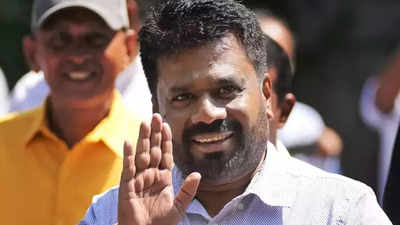
Just a few days after the presidential election, Sri Lanka is bracing for the parliamentary election which will be costlier than the recently concluded poll.
In last week’s election, Anura Kumara Dissanayake won and became the new president of Sri Lanka. Soon after holding the position Dissanayake dissolved Parliament on Tuesday to call a snap election, 11 months ahead of schedule, PTI news agency reported.
Election commissioner general of Sri Lanka Saman Sri Ratnayake on Wednesday said that the parliamentary election would cost 11 billion Sri Lankan rupees (approximately INR 3 billion) up from 10 billion rupees for the presidential election. Even the money for the parliamentary election was not allocated in the current year’s budget.
“The president is legally obliged to provide monies to hold the election even without budgetary allocations,” Ratnayake said.
The election commission also noted that the voter registration list prepared for the presidential election will be used for the general election.
The previous president, Ranil Wickremesinghe, had intended to hold the parliamentary election next year, as they were originally scheduled for August. As the minister of finance, Wickremesinghe had limited the money allocation this year to cover only the presidential election.
In early August, the highest court ruled that Wickremesinghe, in his role as finance minister, had violated the fundamental rights of voters by refusing to provide funds for the 2023 local council elections. Wickremesinghe, 75, who assumed office in 2022 after the resignation of then-president Gotabaya Rajapaksa, maintained that there were insufficient funds due to the economic crisis and prioritized economic recovery over holding local elections.
On Tuesday, president Dissanayake appointed a cabinet of four, including himself, and Harini Amarasuriya was sworn in as the new prime minister of Sri Lanka, becoming the 16th person to hold the position.





